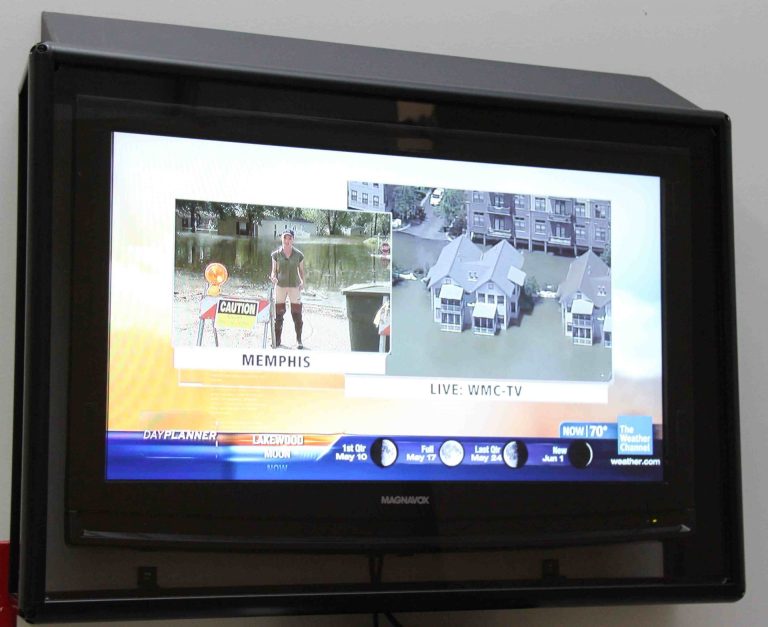
Unlike any other test, COVID-19 testing might take days to complete, causing anxiety and delaying job acceptance. Fortunately, fast COVID-19 tests are available, which can provide you with findings rapidly. The health specialists at Ross Bridge Medical Center describe everything involved in quick testing in this article.
What is rapid testing?
COVID-19 fast antigen testing, COVID-19 PCR testing, and COVID-19 antibody testing are the three types of essays. Rapid antigen testing looks for a protein produced by the body when it fights a virus rather than the virus itself. The antigen rapid test also yields 15-30 minutes in many circumstances.
As previously said, we also that COVID-19 PCR testing which tests for the virus itself, and COVID-19 antibody testing, which can determine if you’ve had the virus in the past, although the results of these tests sometimes take longer to get.
What is the process of fast testing?
When you have a fast antigen test, your doctor will obtain a mucus sample with a nasopharyngeal swab, also known as a nasal swab. You may be requested to blow your nose to provide a better sample for collecting. The swab goes into your nose and stays there for a few seconds to capture the best possible sample.

How reliable is quick testing?
Positive findings from quick testing are usually quite accurate. False positives are possible, although they are unlikely. False negatives, on the other hand, have a higher probability. Not to argue that all negative findings are incorrect, but they may require confirmation with a routine PCR test. This is especially relevant if you have COVID-19 symptoms but a negative fast test result.
Antigen testing for COVID-19 is less sensitive than molecular diagnosis.
Unlike molecular diagnostic procedures for COVID-19, which require multiplying viral nucleic acids to make them more detectable, antigen tests identify unamplified amounts of virus. They so do not detect tiny signals as well.
Although at-home antigen testing is not foolproof, even molecular diagnostics such as gold-standard PCR tests are not always reliable for diagnosing active COVID-19 cases because findings depend on factors such as test timing. If you are swabbed too soon after being exposed, you may test negative even if infected. You can even get a positive PCR test result after you’ve stopped being contagious.
When should you consult a doctor?
Consult a doctor if you are unclear or perplexed by the results of an at-home COVID-19 antigen test. Your circumstances will determine whether you should get a confirmatory molecular test.








